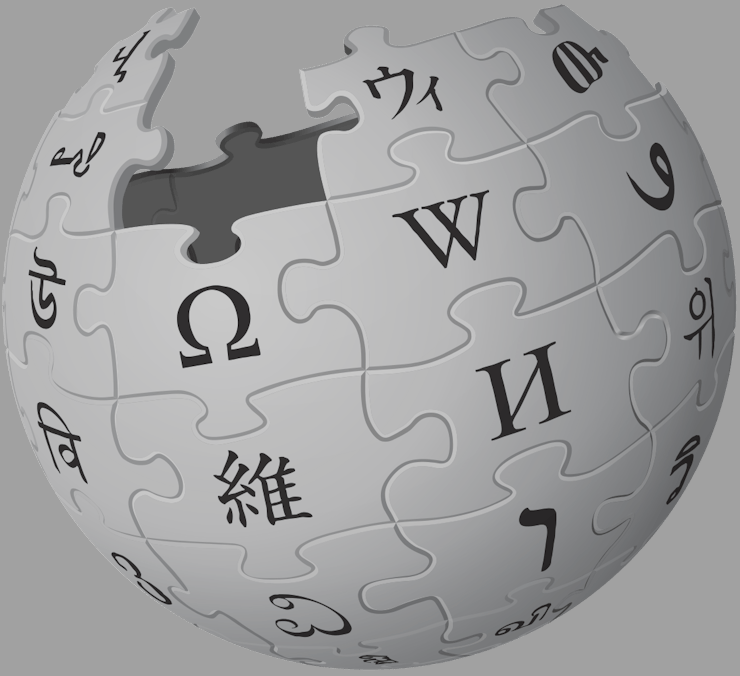Russia Bans Wikipedia Over One Article About Weed
Not the first time the government has banned an entire site, and it won't be the last.

Russia’s censorship authorities are like that teacher you had in elementary school who would cancel recess because there was one sugar-addled kid who just couldn’t sit still and shut the fuck up. Essentially, a totally overreactive move to just the most minor incident of delinquency. In their latest move, Papa Putin and company have banned Wikipedia in its entirety due to one article about marijuana.
The entry in question (viewable here in English and here in Russian) specifically discusses charts, a hashish form of cannibis. Roskomnadzor, Russia’s media censorship agency, previously sent a letter to Wikipedia admins requesting that it be taken down, after a June court prohibited the dissemination of drug-related information (as well as child abuse and self-harm) Russian censors complained that the Wikipedia entry gave readers instructions on how to make charas.
Wikipedia refused, and the state made the choice to shut down the entire site.
Charas originates from the Indian sub-continent, where it was used for thousands of years for medicinal and religious purposes. Of course, when America’s War On Drugs ramped up in the 1980s, the Indian government made charas illegal under pressure from the U.S.
But there’s actually a funny technical reason for why Russia has to go for the online encyclopedia’s jugular, instead of just cutting off access to one specific site. Roskomnadzor can’t block individual Wikipedia pages because the site uses the HTTPS protocol to enable secure connections. In a warning posted on the agency’s WKoktakte site, the censors wrote:
”In the event that [Wikipedia] refuses to comply with the court’s ruling, Roskomnadzor will block the webpage on Russian territory using the registry of illegal information…In this case, insofar as Wikipedia has decided to function on the basis of https, which doesn’t allow restricting access to individual pages on its site, the entire website would be blocked.”
It’s definitely not the first time Russia has chosen to ban an entire site over one or a few posts. Earlier this month, the government banned Reddit briefly because of a thread about psychedelic mushrooms. Back in October and December 2014, GitHub was blocked for hosting a page about satirical suicide instructions.
But this latest conflict on the interwebs is just about some weed. What is this, the 1930s?
As more sites choose to use HTTPS protocols, they will be faced with the decision to block specific pages at the request of Russian authorities — and thus becoming complicit in state-sanctioned censorship — or refusing and dealing with the potential consequence of their entire site being blocked from access by the Russian populace. Especially for large companies like Google, the stakes are high.